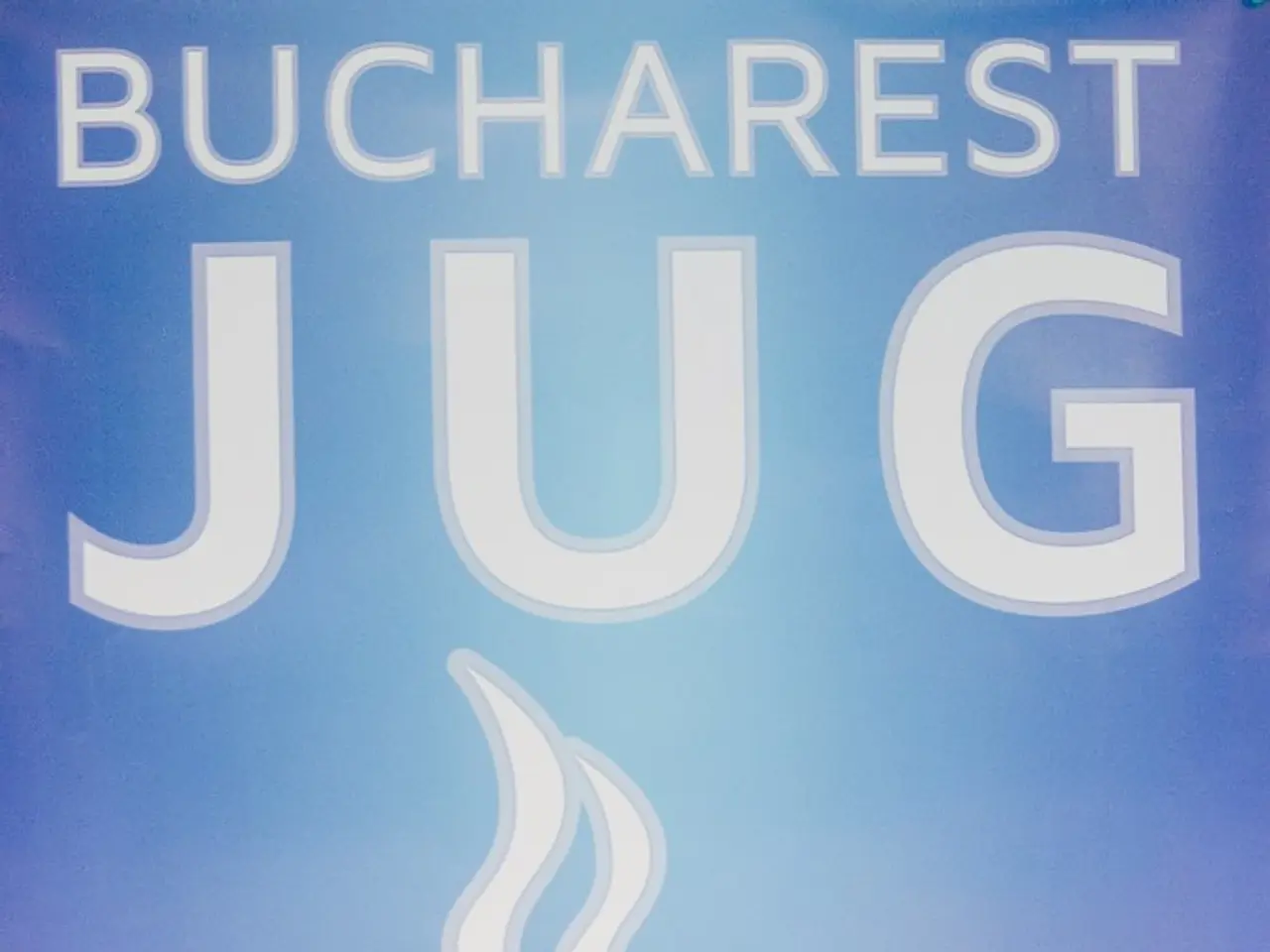Forward-thinking Founder's Vision for UK Start-ups: Empower People, Not Corporations
In the dynamic world of UK start-ups, the potential for growth is immense, but whether it will be fully realised depends on several factors, according to Simon Bones, founder of premium retrofit company Genous.
Bones, an engineer and self-professed product person, has encountered institutional inertia in the system, with a tendency to stick with the known, even when it no longer works. He believes that the UK start-up scene's most underrated asset is experience, as the ecosystem matures, and many founders have spent years watching companies rise or fall.
To foster a culture that rewards excellence over familiarity, Bones proposes a multi-faceted approach. Firstly, prioritising quality and proven solutions is crucial. This means promoting ventures based on their merit, experience, and innovative potential, rather than their founders' fame or connections.
Secondly, celebrating and elevating experience in entrepreneurship is essential. By focusing on the wisdom gained from years of watching companies succeed or fail, the UK ecosystem can move away from the "solo genius" myth towards more durable and honest entrepreneurship.
Thirdly, building transparent evaluation processes in funding and support programmes is key. Government simplification of funding application processes, clear feedback systems, and mentorship programmes can help broaden access to resources for lesser-known but excellent start-ups.
Fourthly, fostering a culture of innovation recognition is vital. This can be achieved through formal awards, case study publications, and social campaigns led by charismatic influencers, rewarding outstanding innovations irrespective of founders' prior reputations or networks.
Lastly, encouraging cross-sector learning and peer challenge programs can increase diversity of thought and effective entrepreneurial leadership. This can uncover and support excellence in less familiar entrepreneurs and ideas.
These changes could lead to higher chances of market success by backing solutions proven for excellence and resilience, rather than name recognition or hype. They could also increase diversity and inclusion, as excellence-based evaluation opens doors to entrepreneurs outside traditional elite networks, fostering innovation from a broader talent pool.
More sustainable innovation focused on real-world impact and quality over quick disruption could potentially lead to more durable companies. Better access to funding and support for early-stage but promising ideas could help the ecosystem grow more vibrant and competitive.
However, there are challenges to overcome. Resistance to change from established players who benefit from the current familiarity-based system is one such challenge. Another is the risk of increased complexity in evaluating “excellence” objectively, necessitating better metrics, expertise, and peer review mechanisms.
The potential slower pace of "hype-driven" growth and overcoming psychological barriers such as impostor syndrome among new founders who may feel disadvantaged without strong networks require additional mentoring and confidence-building support.
Genous, the premium retrofit company founded by Bones, is trying to influence the broader conversation about climate adaptation and green building in the UK, showing what a better solution looks like. Despite improvements, AI tools, while useful, are still not cheap and have limitations.
Genous doesn't promise overnight disruption. Instead, it works carefully to deliver top-tier retrofitting services for homeowners who want their houses to meet future climate standards - without cutting corners. Bones advocates for a UK start-up ecosystem that supports emerging start-ups, procurement frameworks that don't box them out, and a mindset shift where excellence can come from anywhere.
Bones hopes for a different kind of start-up culture in Britain, where bravery and excellence matter more than brand recognition or proximity to the right people. He believes that if the right incentives are aligned and institutional inertia is removed, the UK could build one of the most dynamic and fair start-up ecosystems in the world.
- Simon Bones, the founder of Genous, believes that the UK start-up scene's most underrated asset is experience, as the ecosystem matures and many founders have spent years watching companies rise or fall.
- To foster a culture that rewards excellence over familiarity, Bones proposes prioritizing quality and proven solutions, promoting ventures based on their merit, experience, and innovative potential.
- Celebrating and elevating experience in entrepreneurship is essential, according to Bones, as it moves the UK ecosystem away from the "solo genius" myth towards more durable and honest entrepreneurship.
- Building transparent evaluation processes in funding and support programs is key, such as simplifying funding application processes and implementing mentorship programs for lesser-known but excellent start-ups.
- Fostering a culture of innovation recognition is vital, achieved through formal awards, case study publications, and social campaigns that reward outstanding innovations irrespective of founders' prior reputations or networks.
- Encouraging cross-sector learning and peer challenge programs can increase diversity of thought and effective entrepreneurial leadership, uncovering and supporting excellence in less traditional entrepreneurs and ideas.
- These changes could lead to higher chances of market success by backing solutions proven for excellence and resilience, rather than name recognition or hype, potentially leading to more sustainable and competitive start-ups.




